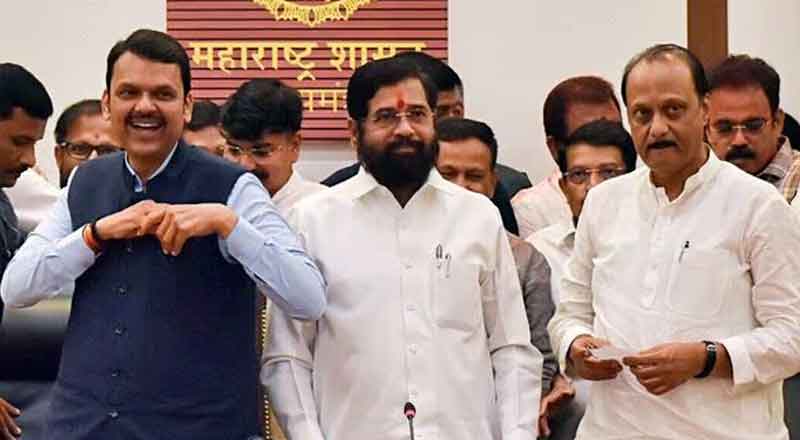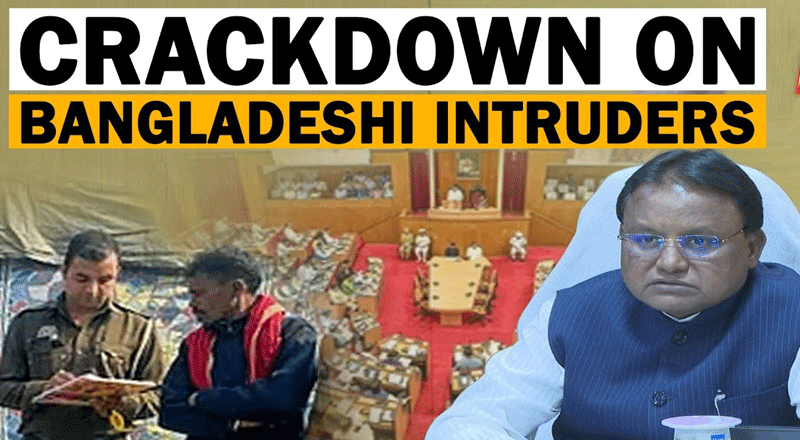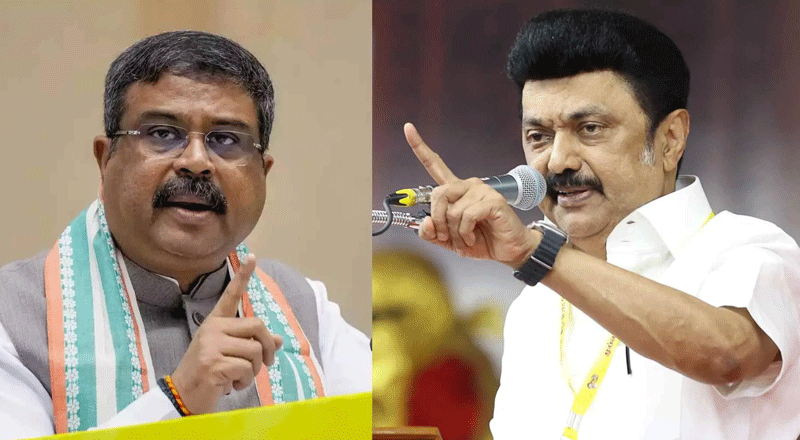A Leadership Shift in Maharashtra Politics
The political landscape of Maharashtra is set for a significant reshuffle following the decisive victory of the BJP-led Mahayuti alliance in the 2024 state assembly elections. With Devendra Fadnavis emerging as the frontrunner for the Chief Minister’s post, speculation is rife about his imminent return to the helm. Outgoing CM Eknath Shinde’s remarks affirming his deference to the decisions of BJP’s top leadership have solidified this expectation, marking a pivotal moment for the state’s governance.
Mahayuti’s Resounding Victory
The 2024 elections saw the BJP-led alliance achieving a thumping majority, capturing 230 out of 288 seats in the assembly. The BJP itself claimed 132 constituencies, while Shinde’s Shiv Sena secured 57, and Ajit Pawar’s faction of the NCP contributed with 41 seats. This electoral mandate underscored the electorate’s confidence in the Mahayuti’s governance model and provided a clear path for the BJP to assert its leadership in the alliance.
Shinde’s Statements: A Prelude to Fadnavis’ Return
Outgoing Chief Minister Eknath Shinde has made a series of statements signaling his readiness to step aside for a BJP-led leadership, specifically Fadnavis. His remarks, marked by loyalty and magnanimity, include:
- Shinde explicitly told PM Narendra Modi and Union Home Minister Amit Shah that he would not be a “speed-breaker” in the government formation process.
- He assured BJP leaders that the Shiv Sena would fully support any decision they make, even if it means endorsing a BJP candidate as the next Chief Minister.
- Publicly expressing satisfaction with his tenure, Shinde emphasized his commitment to the Mahayuti’s collective success over personal ambition.
Shinde’s open acknowledgment of the BJP’s seniority in the alliance and his repeated affirmation of trust in Modi and Shah’s leadership reflect his pragmatic approach to coalition politics.
The Path Ahead for Government Formation
The suspense over the Chief Minister’s announcement is likely to end after a crucial meeting in Delhi involving Amit Shah, Devendra Fadnavis, Eknath Shinde, and Ajit Pawar. This meeting will finalize the power-sharing formula and confirm the leadership structure of the new government. Ajit Pawar has already hinted at a swearing-in ceremony on November 30 or December 1, adding that there will be two deputy Chief Ministers in the cabinet.
Fadnavis: A Proven Leader
Devendra Fadnavis, a seasoned politician with a proven track record, is widely regarded as the BJP’s most capable leader in Maharashtra. His previous tenure as CM from 2014 to 2019 was marked by infrastructural development, strong governance, and political acumen. His return could reinforce BJP’s policy agenda in the state, aligning closely with the party’s national vision under Prime Minister Modi.
Fadnavis also enjoys widespread acceptance within the alliance, making him a natural choice to lead the next phase of Mahayuti’s governance.
Amit Shah’s Role in the Decision
Union Home Minister Amit Shah, known for his strategic foresight in coalition management, is expected to play a crucial role in finalizing the CM’s appointment. His ability to balance the interests of various alliance partners, while maintaining BJP’s dominance, has been a hallmark of his leadership. Shah’s discussions with Shinde, Fadnavis, and Pawar are likely to yield a consensus that ensures stability and unity within the Mahayuti.
Shinde’s Legacy: A Tenure of Transition
Eknath Shinde’s tenure as Chief Minister, though brief, will be remembered as a period of transition for Maharashtra politics. From spearheading a rebellion against Uddhav Thackeray’s Shiv Sena to leading the Mahayuti’s campaign in the assembly elections, Shinde has played a pivotal role in reshaping the state’s political dynamics. His decision to step aside gracefully highlights his commitment to the alliance’s collective goals.
Challenges and Opportunities for the New Government
The new government, under Fadnavis’ likely leadership, faces a dual challenge: delivering on its electoral promises and managing the diverse interests within the Mahayuti coalition. Key priorities will include:
- Reviving the state’s economy post-COVID-19.
- Addressing agrarian distress and boosting rural development.
- Strengthening infrastructure and urban development.
- Navigating coalition dynamics to maintain stability.
At the same time, the BJP will need to balance its assertiveness with sensitivity towards its partners to ensure long-term cohesion within the alliance.
A Strategic Reset for Maharashtra
The anticipated return of Devendra Fadnavis as Maharashtra’s Chief Minister marks a strategic reset for the state’s governance. His proven leadership, coupled with the Mahayuti’s robust mandate, presents an opportunity to drive transformative development in the state. Shinde’s statesmanship in stepping aside underscores the maturity of Maharashtra’s political leadership, setting a precedent for coalition politics. As the new government takes shape, the focus must remain on fulfilling the aspirations of the people who have entrusted the Mahayuti with a decisive mandate.
(With inputs from agencies)





